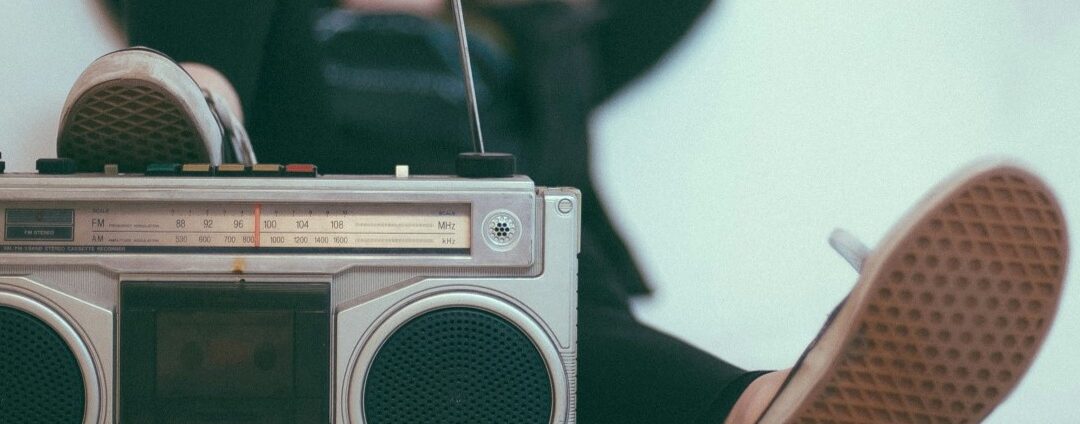“If I were not a physicist, I would probably be a musician. I often think in music. I live my daydreams in music. I see my life in terms of music.”
― Albert Einstein
Music has always played a major role in my life going back to my earliest memories. My mother taught piano and played and sang as part of her band, and my dad played a wide variety of recordings from Pink Floyd to Claude Debussy, often researching for an article he was writing. I started off my career in the medical world which despite the promise of a rewarding vocation, I found a highly stressful, competitive, and lonely place, and I walked away to pursue my passion for music. Post-degree, working as a private piano and music theory teacher, I spoke to many families about events in their lives, and saw the profound benefit of talking therapy which encouraged me to pursue a career in counselling.
Research suggests that music has profound healing properties. Not only does it stimulate the release of dopamine in the brain, it brings people together at concerts and festivals and
forms a vital part of life-changing celebrations and ceremonies for people all over the world. My travels to Senegal have taught me just how important music is to communities in West Africa. Traditional songs, often unique to families or villages, tell stories, paint pictures, and uphold communities. My passion in music lies mainly with the piano, singing and playing the kora, a traditional West African harp originating in The Gambia and played by griots, which are hereditary professional musicians, and passed down from generation to generation by oral tradition.
In my time as a piano and music theory teacher, my experience teaching over 100 students 1-2-1 has shown me how music positively benefits their mental health and provides an activity separate from their academic studies. Playing the piano increases hand-eye coordination, develops finger strength and dexterity, and allows their mind to escape from day-to-day worries/stresses. It also helps them develop their emotional awareness and ability to express emotions through words and music. In older students, on a par to learning a language, research suggests that playing an instrument, especially from a young age, helps keep the brain healthy and active.
Harnessing the power of music within the therapy room is one of my dreams within my own integrative therapeutic practice. Questions that interest me include: What is your favourite song and why? What is your earliest memory of music? What song reminds you of your mum or dad, or closest family member? How does music play a role in your life? I’d also love to have a juke box or record player and give my clients the option to meditate to a song of their choice within the session or use music to reflect on a happy memory or imagine a dream in the future.
At times throughout my life, I have really struggled with my own mental health, especially depression. And many of these times I have turned to music in some way to help me get through difficult feelings and experiences. I thought I would share some of the ways I’ve found music helpful and healing on my own journey in the hope it may help you in some way:
- Live performances give me spine-tingling feelings which help ground me, get me out of my own head, and enjoy the moment more.
- Meditating to calming music on my own or in yoga class helps me focus on my breathing and let repetitive thoughts wash over me ultimately giving me more clarity.
- Exercising to feel-good music helps get me tune out some of the background noise, stay off social media and enjoy nature, as well helping my cardiovascular health.
- Singing/dancing to my favourite tracks has always been my go-to in my car or at home. Having some time to myself and a good boogie lifts my spirits and prepares me for the day ahead.
- I find doing day-to-day tasks to music such as household chores and paperwork makes mundane tasks more fun and enjoyable.
- Listening to my favourite tracks helps me relax when feeling stressed and helps me to get to sleep, especially when I am feeling anxious.
How does music help you?
On the flip side, there are tracks that evoke more difficult moments and memories, that can bring up past trauma or lyrics that can bring sadness. Because of this, the choice, setting and timing of music has great importance. But with the right therapist, support network and space, I believe music can be hugely nourishing and healing.
There is also the absence of sound or music: silence. Silence can attune our ears to background noise and sounds in nature. I was taught that music isn’t music without silence. And silence is something I have learnt to be extremely important in the therapy room with my clients.
When I say music, what comes to mind for you? How do you feel as a result of listening to it? And what does listening to music inspire you to do?
If you’d like some recommendations, some of my favourite albums include:
- Debussy Piano Works played by Pascal Rogé (1994)
- Buena Vista Social Club by the band themselves (1997)
- Brooke Fraser – What to do with Daylight (2003)
- Norah Jones – Feels like Home (2004)
- Alicia Keys – Girl on Fire (2012)
- Toumani Diabaté and Sidiki Diabaté- Toumani and Sidiki (2014)
- Oumou Sangaré – Mogoya (2017)
- Sona Jobateh – Badinyaa Kumoo (2022)
- Fatoumata Diawara – London Ko (2023)
Happy listening 🙂

